Guatemala’s Attempt To Outlaw Same-Sex Marriage And Jail Women For 10 Years For Abortions Has Failed
Guatemala’s congress has suspended a bill that would have banned same-sex marriage, increased abortion penalties and prohibited schools from teaching sexual diversity after the conservative president said he would veto it.
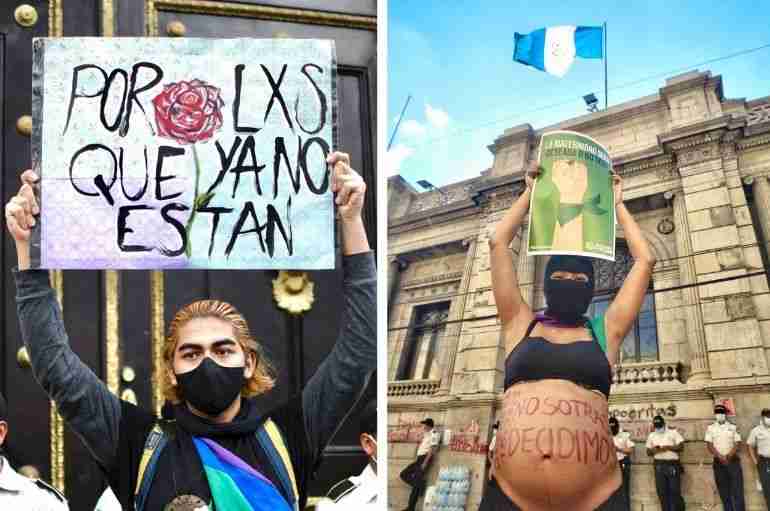
Guatemala’s congress has suspended a bill that would have banned same-sex marriage, increased abortion penalties and prohibited schools from teaching sexual diversity after the conservative president said he would veto it.
The “Life and Family Protection Law” was passed with an overwhelming majority only a week ago on Mar. 8, International Women’s Day.
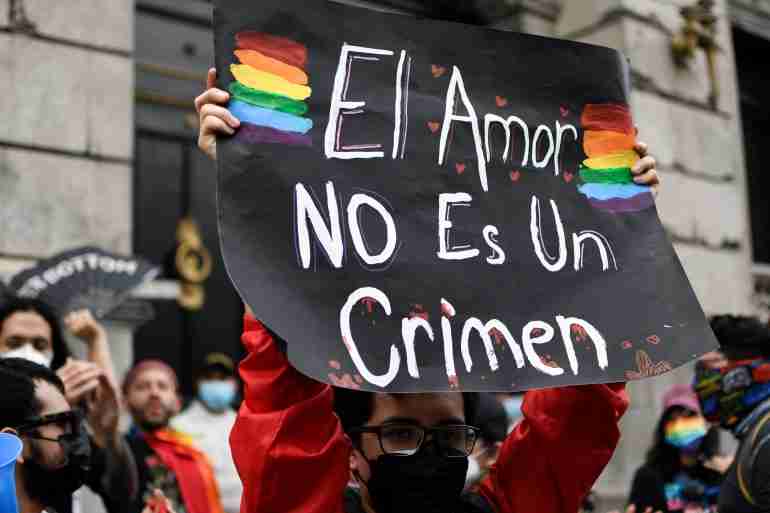
The bill prohibited unions from same-sex couples and stated a matrimony is only made up of a man and a woman.
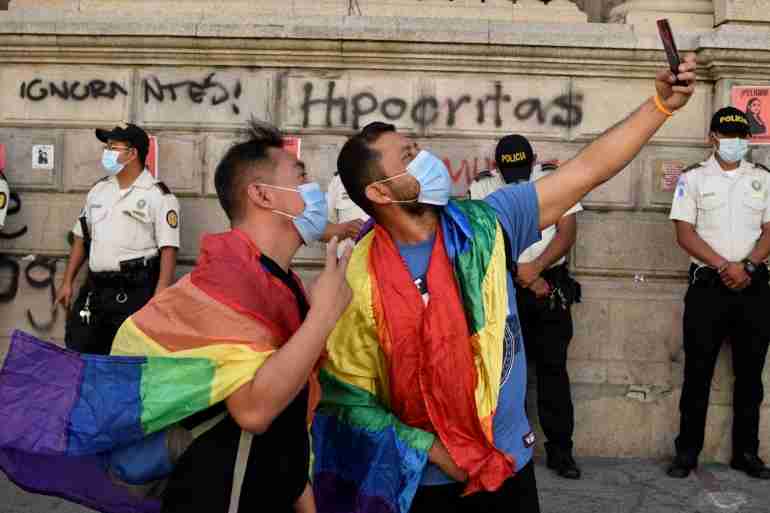
Abortions are already illegal in Guatemala, except on cases when a woman’s life is at risk.

If the bill passed, women who sought abortions could have faced up to 10 years in prison, one of the harshest sentences in Latin America.
The bill also prohibits schools from teaching “sexual diversity”, “gender ideology” or educating about “sexual behavior different from heterosexuality and incompatible with the biological and genetic aspects of the human being.”
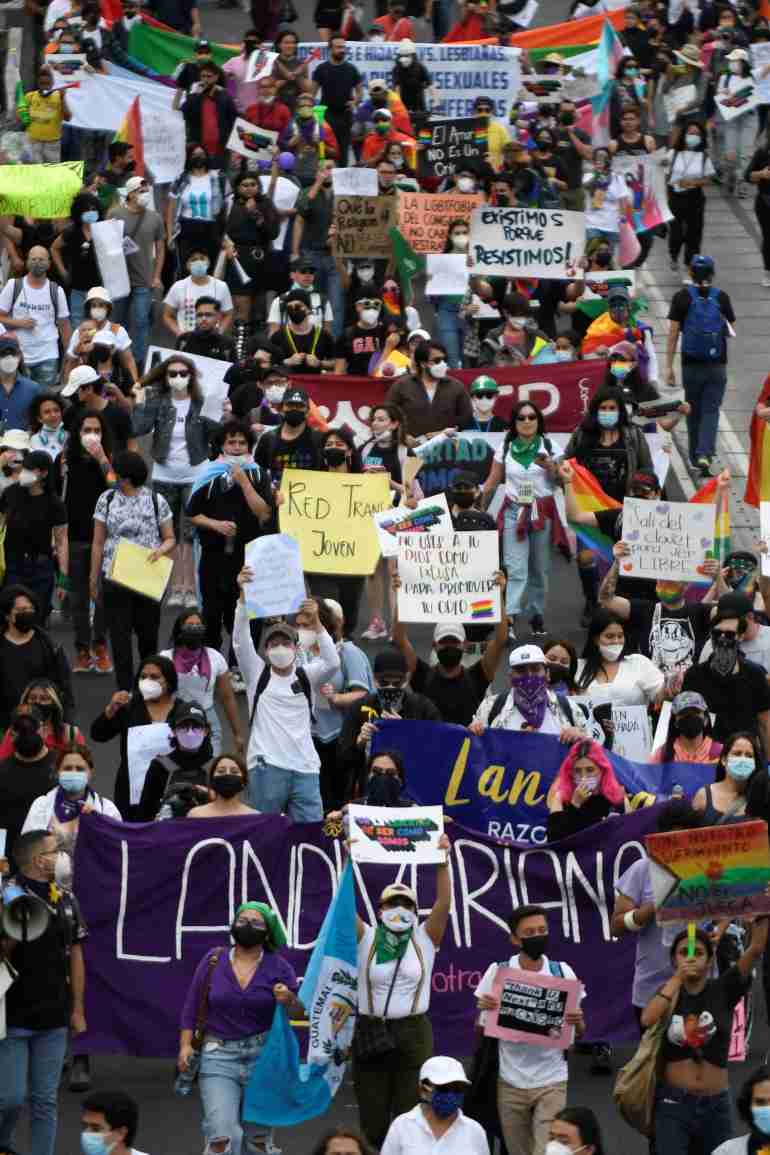
Congress needed Guatemala’s conservative president, Alejandro Giammattei, to sign the bill into law for it to take effect.
However, Giammattei promised to veto the law if it ever arrived at his office, declaring it unconstitutional.
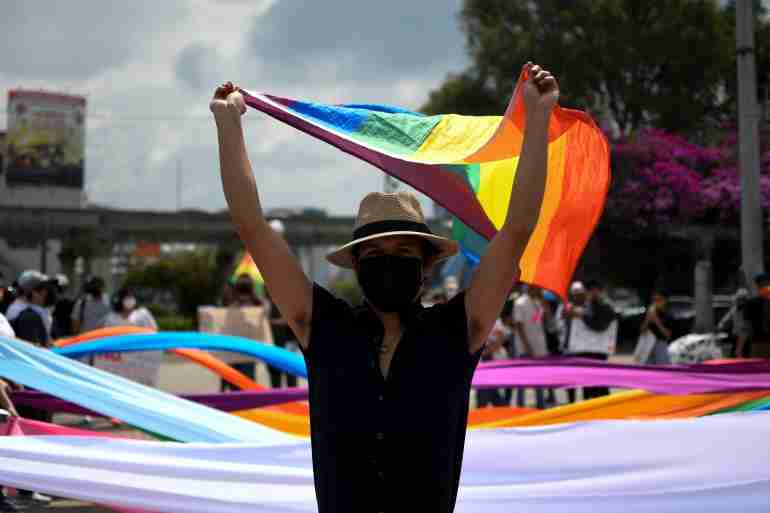
“Despite Guatemala being declared pro-life capital of Ibero-America, we cannot agree with this law. We cannot unite one thing with the other,” he said in a televised message.
Following days of protests and widespread disapproval, Congress shelved the bill on Tuesday Mar. 15.

Movements for more LGBT and abortion rights have gained momentum in Latin American during the past years.

Recently, Chile legalized same-sex marriage and Colombia decriminalized abortion.
However, conservative ideology tend to cause major setback for women and LGBT rights movements.




